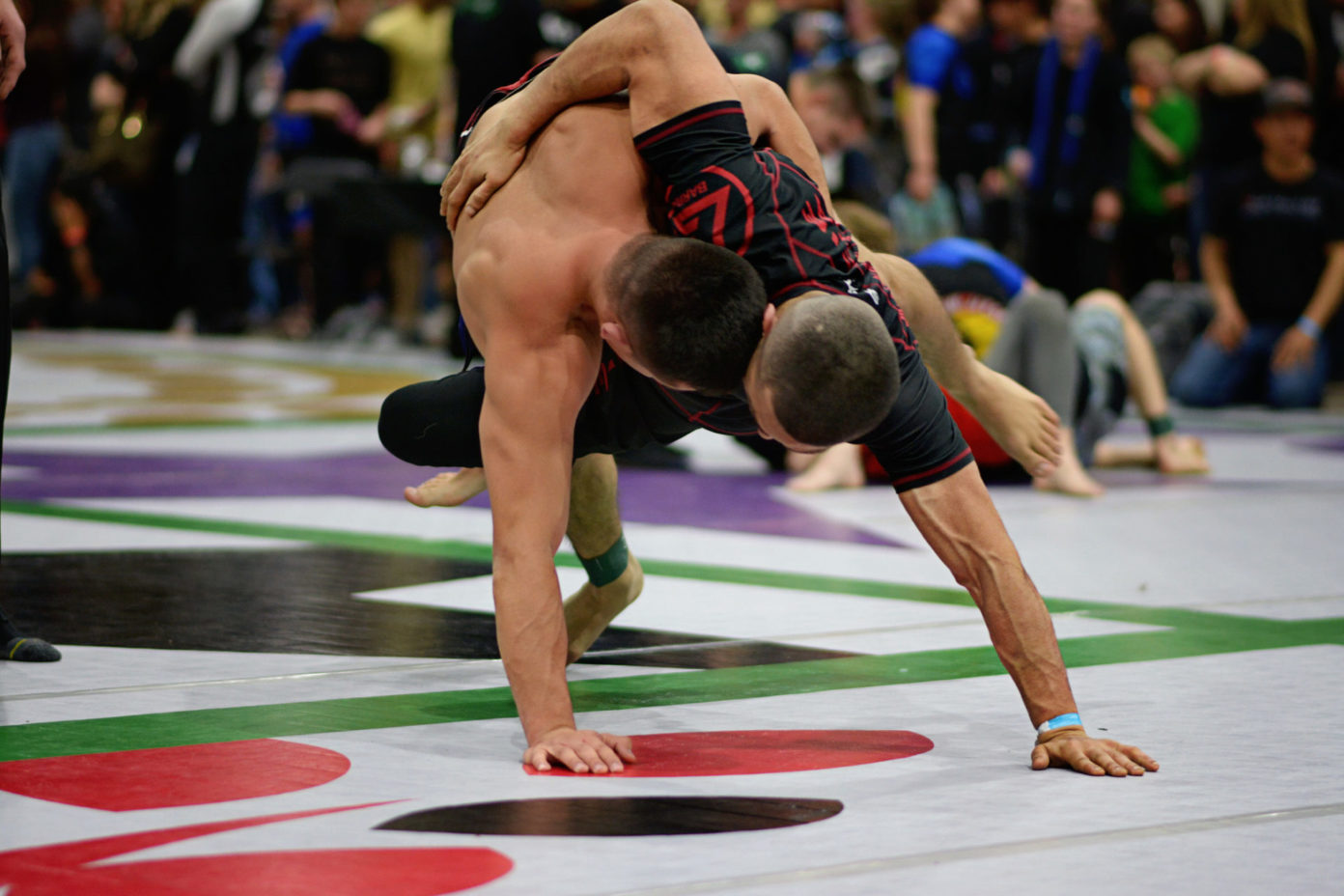BJJ weight training is an essential aspect for practitioners looking to improve their performance on the mat. Whether you are a beginner or a seasoned athlete, understanding the right weight training techniques can significantly enhance your Brazilian Jiu-Jitsu skills. In this comprehensive guide, we will explore what BJJ weight training entails, its benefits, and how you can implement it into your training regimen effectively.
Brazilian Jiu-Jitsu is a physically demanding sport that requires a combination of strength, endurance, flexibility, and technique. While practicing BJJ techniques is crucial, integrating weight training into your routine can provide the additional strength needed to execute those techniques with precision. This article aims to provide insights into the best practices for BJJ weight training, ensuring you can maximize your potential on the mat.
As the sport continues to evolve, athletes are increasingly recognizing the importance of strength training tailored to the unique demands of BJJ. This article will delve into various training approaches that can benefit both competitive athletes and recreational practitioners. By the end of this guide, you will have a clear understanding of how to incorporate weight training into your Brazilian Jiu-Jitsu practice effectively.
Table of Contents
- Understanding BJJ Weight Training
- The Benefits of Weight Training for BJJ
- Essential Weight Training Exercises for BJJ
- How to Create a BJJ Weight Training Program
- Common Mistakes in BJJ Weight Training
- Nutrition and Recovery for BJJ Athletes
- Real-Life Success Stories
- Conclusion and Next Steps
Understanding BJJ Weight Training
BJJ weight training refers to a structured program designed to enhance physical strength and conditioning specific to Brazilian Jiu-Jitsu. Unlike traditional weightlifting, BJJ weight training focuses on movements that replicate the actions performed during sparring and competition. This approach ensures that the strength gained translates directly to improved performance on the mat.
Key Principles of BJJ Weight Training
- Functional Strength: Emphasizes strength that is applicable to BJJ movements.
- Explosive Power: Training for quick bursts of strength to enhance takedowns and submissions.
- Endurance: Incorporating exercises that build muscular endurance for longer matches.
The Benefits of Weight Training for BJJ
Integrating weight training into your BJJ practice offers numerous benefits, including:
- Increased Strength: Enhanced overall strength allows for better control during grappling.
- Improved Endurance: Weight training can increase muscular endurance, allowing you to train longer.
- Injury Prevention: Strengthening muscles and joints can reduce the risk of injuries.
- Enhanced Performance: Overall performance improvement in techniques and competition.
Essential Weight Training Exercises for BJJ
To maximize the benefits of weight training for BJJ, certain exercises are particularly effective:
1. Deadlifts
Deadlifts strengthen the posterior chain, crucial for grappling movements.
2. Squats
Squats enhance leg strength and stability, which are essential for takedowns and guard passing.
3. Pull-Ups
Pull-ups build back and arm strength, key for controlling opponents.
4. Bench Press
This exercise develops upper body strength, important for maintaining guard and executing submissions.
How to Create a BJJ Weight Training Program
Creating an effective weight training program involves several steps:
- Assess Your Current Fitness Level: Understand where you currently stand in terms of strength and endurance.
- Set Specific Goals: Determine what you wish to achieve with your weight training.
- Choose Appropriate Exercises: Select exercises that target the necessary muscle groups for BJJ.
- Plan Your Training Schedule: Incorporate weight training into your overall training routine without overtraining.
Common Mistakes in BJJ Weight Training
While weight training can be highly beneficial, there are common pitfalls to avoid:
- Overtraining: Avoid excessive weight training that can lead to burnout.
- Poor Technique: Always prioritize form over lifting heavier weights to prevent injuries.
- Neglecting Recovery: Recovery is crucial for muscle growth and overall performance improvement.
Nutrition and Recovery for BJJ Athletes
Nutrition plays a vital role in supporting your weight training and BJJ performance. Consider the following:
- Balanced Diet: Focus on a diet rich in protein, healthy fats, and complex carbohydrates.
- Hydration: Stay hydrated to maintain peak performance during training.
- Rest and Recovery: Ensure adequate sleep and recovery time to prevent injuries.
Real-Life Success Stories
Many successful BJJ athletes credit weight training as a significant component of their training regimen. Here are a few notable examples:
- Marcus "Buchecha" Almeida: Renowned for his strength and conditioning, Buchecha integrates weight training into his routine.
- Gordon Ryan: A dominant figure in BJJ, Ryan emphasizes the importance of strength training for success.
Conclusion and Next Steps
In conclusion, BJJ weight training is a vital component for anyone looking to enhance their performance in Brazilian Jiu-Jitsu. By understanding the principles of weight training, incorporating effective exercises, and avoiding common mistakes, you can achieve your goals. We encourage you to start integrating weight training into your routine and share your experiences in the comments below!
For more insights and tips on improving your BJJ game, be sure to explore our other articles and resources. Your journey in Brazilian Jiu-Jitsu is just beginning, and we're here to support you every step of the way.




